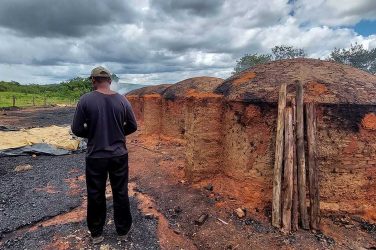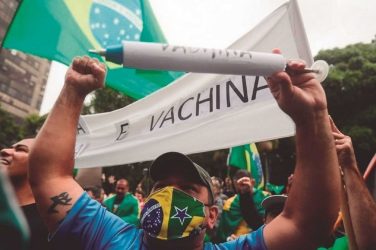Brazilian authorities have taken the first step towards providing basic sanitation to more than 80,000 people in one of Rio de Janeiro’s biggest informal settlements or favelas by holding consultations with residents, a local government official said.
Located 35 km (22 miles) west of the city center, the working-class community of Rio das Pedras has grown quickly since the 1970s, largely driven by migration from the country’s poor northeast. Today the area is estimated by residents and officials to have between 80,000 and 170,000 inhabitants.
Yet a lack of basic public services or city planning has drawn concerns from residents about stagnant pools of dirty water and piles of garbage.
Similar problems affect many of the country’s informal communities where tens of millions of Brazilians live.
“We want to turn Rio das Pedras into a (formal) neighborhood,” said Flavio Caland, a local government official, was quoted as saying in O Globo newspaper.
“But everything will be done in stages.”
His comments follow a visit to Rio das Pedras last month by Rio de Janeiro’s mayor Marcelo Crivella, who promised to improve infrastructure.
Dona Mazinha, president of a local residents’ association in Rio das Pedras, said “poor, hard-working people” live with the “sewer at their door”, Brazilian news portal R7.com reported.
Government officials in recession-hit Rio did not provide a timeline as to when public services would be available in the area or a budget for the cost of the works launched this week with initial community consultations.
A lack of state presence in the informal community where residents do not have title deeds to their homes has allowed militia groups to fill the void.
Half of Brazil’s population lack sewage services, according to the Ministry of Cities. This places Latin America’s largest country behind other large middle-income nations including China, Russia and Argentina when it comes to access to basic sanitation.
Brazil’s federal government aims to provide basic sewage services for the entire population of more than 200 million people by 2033.
However, at its current pace, the goal will not be met by 2050, the National Confederation of Industry (CNI) said in a study in February, which showed that communities in informal settlements will be particularly impacted by the slow progress.
This article was produced by the Thomson Reuters Foundation. Visit them at http://www.thisisplace.org













